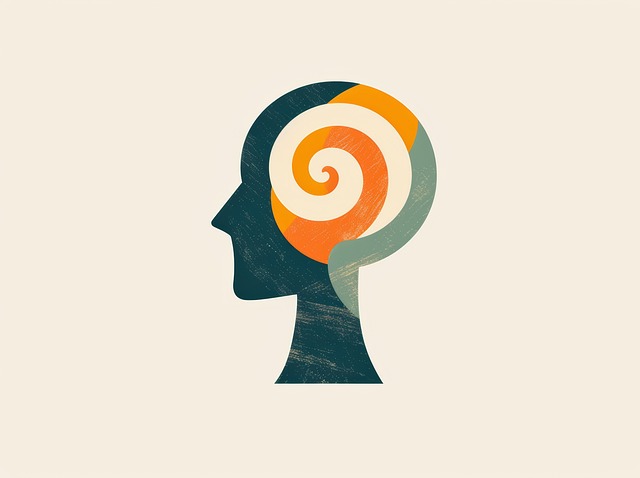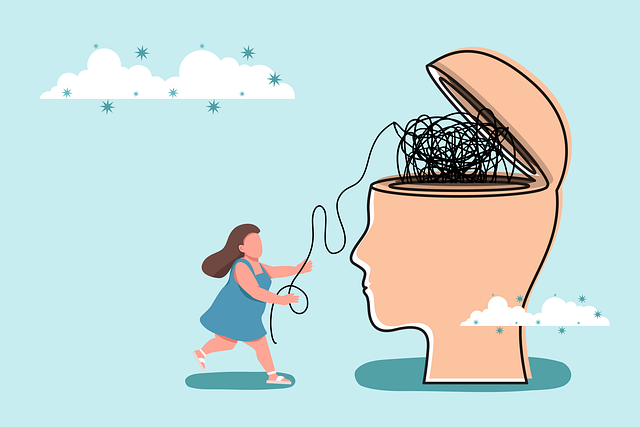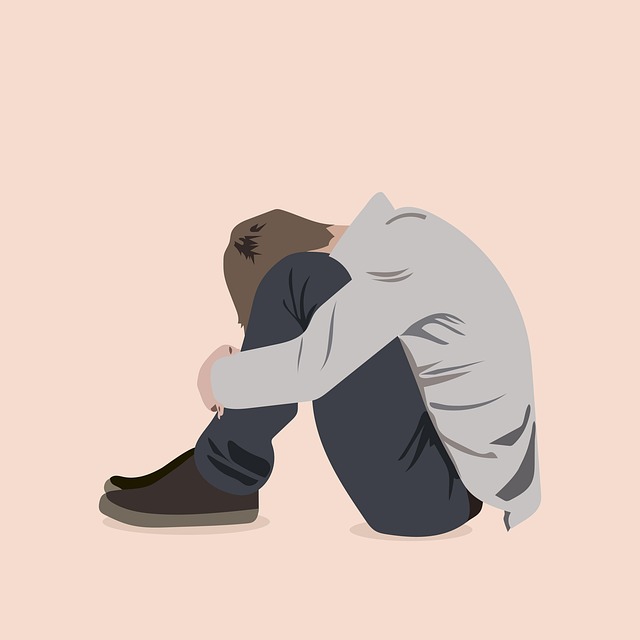Lone Tree Sexual Abuse Survivor Therapy focuses on empowering individuals through social skills training, emotional regulation strategies, and safe therapeutic spaces. By teaching communication, assertiveness, and conflict resolution, these programs help survivors navigate relationships healthier, reduce stress, and manage traumatic memories. Through group therapy, empathy-focused sessions, and journaling exercises, survivors regain control, rebuild trust, and foster mental wellness, ultimately healing effectively and creating healthier social networks.
Social skills training is a vital component in supporting individuals with mental health conditions, especially those who have experienced trauma like sexual abuse. This article explores the intricate link between social interactions and mental well-being, focusing on Lone Tree Sexual Abuse Survivor Therapy. We delve into the unique challenges faced by survivors in forming connections and offer evidence-based strategies for therapists to enhance their clients’ social skills, fostering a sense of belonging and improved mental health outcomes.
- Understanding the Connection Between Social Skills and Mental Health
- Challenges Faced by Survivors of Sexual Abuse in Building Social Connections
- Strategies for Effective Social Skills Training in Therapy for Lone Tree Sexual Abuse Survivor Therapy
Understanding the Connection Between Social Skills and Mental Health

Social skills training is a crucial component of mental health support, especially for survivors of complex trauma like sexual abuse in Lone Tree. The connection between social skills and mental health is intricate; individuals facing challenges in this area often struggle with low self-esteem, anxiety, or depression, which can significantly impact their overall well-being. Effective therapy aims to empower these survivors by teaching them essential social skills, such as communication, assertiveness, and conflict resolution techniques. These abilities enable them to navigate interpersonal relationships more healthily, fostering a sense of belonging and support.
Mental health education programs specifically designed for such cases should incorporate strategies for emotional regulation. By learning to manage their emotions effectively, survivors can reduce the risk of triggering traumatic memories and better cope with stressful situations. This holistic approach, combining social skills training and mental health education, paves the way for a more robust recovery journey, allowing individuals to rebuild their lives and create healthier, more supportive social networks.
Challenges Faced by Survivors of Sexual Abuse in Building Social Connections

Surviving sexual abuse can profoundly impact an individual’s ability to form and maintain social connections. The trauma often leads to feelings of isolation and a deep-seated fear of intimacy, making it challenging for survivors to build meaningful relationships. Many Lone Tree sexual abuse survivor therapy programs recognize these obstacles and focus on teaching essential social skills to foster community reintegration. These therapies provide safe spaces for individuals to share their experiences, learn healthy communication patterns, and develop strategies to navigate interpersonal interactions.
The journey towards healing involves overcoming internalized shame and guilt, which can result in social withdrawal or aggressive behaviors. With dedicated support from therapists and participation in trauma-focused programs like community outreach initiatives, survivors can gradually rebuild trust and connect with others. By participating in group therapy sessions and trauma support services, they learn to express their emotions, set boundaries, and engage in empathetic exchanges—all crucial elements for forming secure social connections and preventing burnout in their healing process.
Strategies for Effective Social Skills Training in Therapy for Lone Tree Sexual Abuse Survivor Therapy

Social Skills Training for Lone Tree Sexual Abuse Survivor Therapy plays a pivotal role in empowering individuals to rebuild their lives and regain control. Effective therapy sessions incorporate tailored strategies that address the unique challenges faced by survivors. One powerful approach is Empathy Building Strategies, which foster understanding and connection between survivors and their support systems, helping them feel heard and validated.
Additionally, integrating Mental Wellness Journaling Exercises offers survivors a safe space to process emotions, track progress, and develop self-awareness. This practice encourages reflection on personal growth, strengthens inner strength, and promotes resilience—essential components for long-term healing. Through these strategies, Lone Tree Sexual Abuse Survivor Therapy provides practical tools to enhance social interactions, rebuild trust, and nurture mental wellness.
Social skills training plays a pivotal role in enhancing the well-being of individuals with mental health conditions, particularly those who have experienced sexual abuse. As discussed, understanding the unique challenges faced by survivors, such as those in Lone Tree Sexual Abuse Survivor Therapy, is essential. By employing tailored strategies that address their specific needs, therapists can empower survivors to build meaningful social connections and navigate interpersonal relationships more effectively. This supportive approach contributes to their recovery journey and fosters a sense of belonging and resilience.













